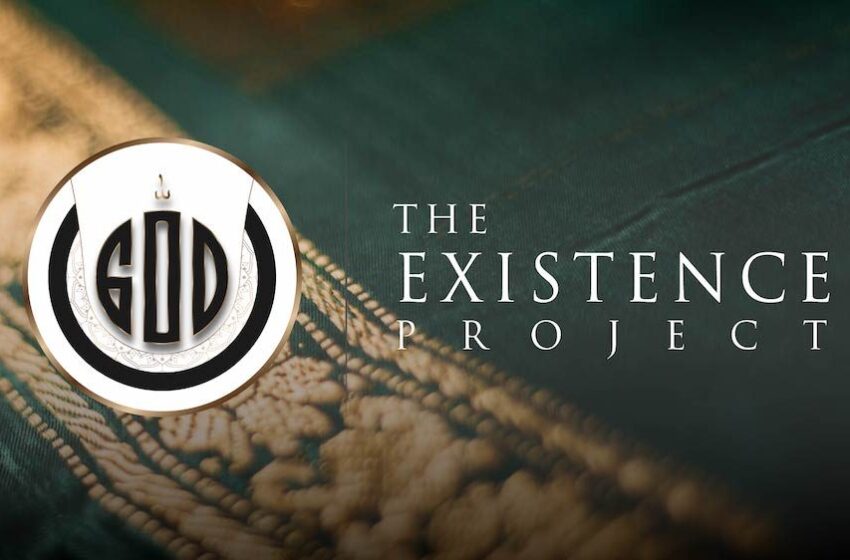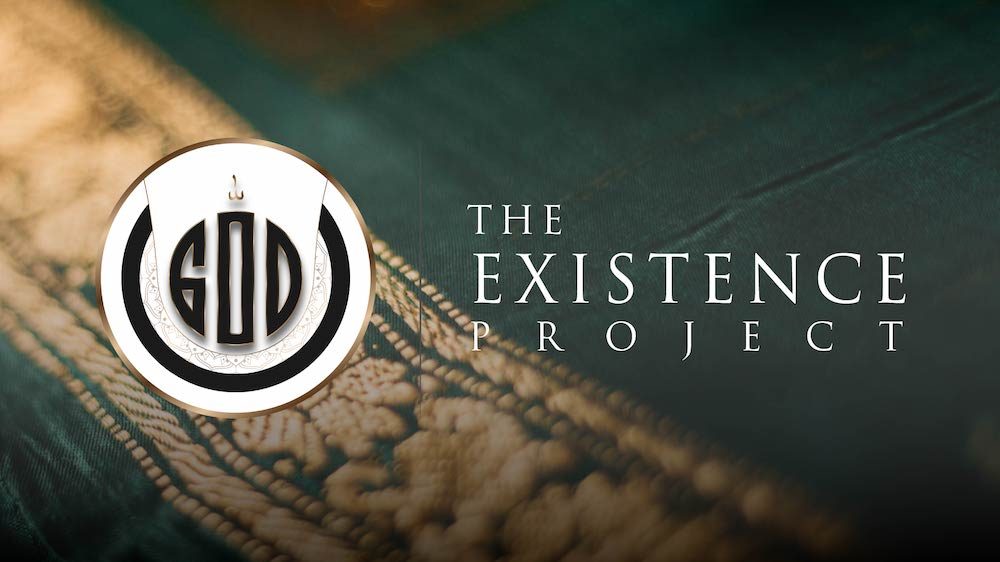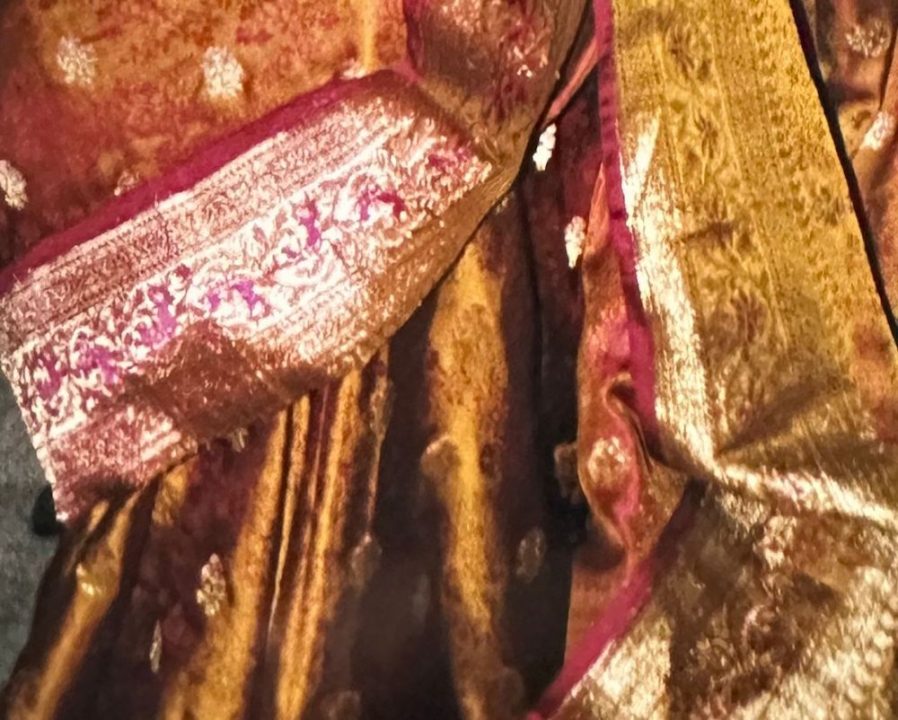
Ramadan, a Golden Sari & the Mercy of God

Farhat Mahmood, UK
Like many South Asian brides, my wedding entailed the giving of gifts by parents in what is called a dowry. My wedding took place many, many years ago…long enough to celebrate but not publicise so as not to give away my age. After 10 years of marriage I moved all of my dowry to my parents’ home in Pakistan, as a London flat was not equipped to store ghararas, saris and tang pajamas (all different styles of South Asian dresses).
Many of the outfits given as dowry are to embellish a new bride, and later are pulled out at special occasions throughout the years. Some of these clothes also serve as heirlooms, passed on from the mother to her daughter or daughter-in-law. So, a multitude of my outfits, including my ‘golden sari’ were sitting stored away at my parents’ home.
The story of the saris is that they were sourced through a family friend from India – Mr Narulla and his wife, whose name evades me. This family friend had tastefully and meticulously chosen a few Banarasi Saris , masterpieces hand-woven in fine silk, probably straight from Benares itself. I was told that even then they were costly and were bought for their exquisite craftsmanship and durability, as saris like these can last a hundred years. The art of hand weaving a sari on a hand-loom, is now an art facing extinction in India.
So as the story goes, a few years ago my mother noticed that my outfits had gone missing from my trunk. This was during the Covid-19 pandemic when my parents were alone in Pakistan and none of us children could go visit them. My mother searched for my garments and feared that perhaps they had all been stolen from the house. I was saddened but still had hope that maybe something was left. You see, those early outfits are also sentimental for a woman.
After searching, only two outfits were found a year ago. I thanked God a million times that one of the outfits found was the one that belonged to my grandmother, passed it down to my mother and then to me. I cherished this gift very much. As soon as it was found I had it sent to me in London and found the first opportunity to wear it!
But sadly, there was no news of anything else. In the last few weeks my sister Ismat went to Pakistan to visit our parents. I asked her to please check if anything else could be found. She searched, but wasn’t able to find any of the other clothes. Nothing else was left; I was saddened by this loss, the finality of it.
Again, you can understand the loss was material and sentimental, but I was also bothered by the fact that sometimes, certain valuable things can’t be replaced. I recited the prayer ‘Surely to Allah we belong and to Him shall we return’ a lot – a Qur’anic prayer often recited when searching for something – but I was feeling anxious, wondering if these things could ever be replaced. Who would ever go to India and buy a sari that is now even rare in India? Would I even be able to afford such a sari along with other cloths that now have become so expensive? These were both my emotions and my materialism speaking to me.
I started searching saris and their prices, trying to see how much it would cost to replace something that was lost. You see, I had lost few things over the years, and now I was close to losing more. I was emotionally attaching myself to these clothes as symbols as well. This was all a few days ago, as we pass through the holy month of Ramadan.
That night after feeling anxious about my confirmed loss, I fell asleep feeling a bit defeated. I continued praying while I drifted to sleep, reciting ‘Surely to Allah we belong and to Him shall we return.’
I woke up at the time of tahajjud (pre-dawn voluntary prayers) with a very strong feeling that I am sure God put in my heart. It was a true answer to my unease. I was washed of the feeling of loss, as if it never existed, and was left with a feeling as if those things belonged to another person – or as some would say – they belonged to me ‘in another life’. I thought, ‘They don’t need to be replaced. They were for you for who you were then. Now as a life-devotee, as someone who has dedicated her life for the sake of Islam Ahmadiyyat, I don’t need all those things. Or, God will replace them with what He deems I need.’ This feeling took such strong hold of me that I felt no loss, no anxiety, and in fact I was actually happy that now God will choose what I will get based on His will. I have never experienced such a feeling of peace and a feeling of being cleansed of my material want.
Today, just as I had completed offering Fajr (prayer offer right before dawn), I got a video call from Ismat in Pakistan. She said, ‘Look what we just found tucked away in a hidden trunk’…some more of my missing outfits. And at the bottom….the golden sari.

It was as if God was saying, here have your Sari now, after you have learned to not want it and the true meaning of,
اِنَّا لِلّٰہِ وَاِنَّاۤ اِلَیۡہِ رٰجِعُوۡنَ
‘Surely to Allah we belong and to Him shall we return.’
I know some are prone to relegating such stories to chance. But the reality is that coincidence cannot be so universally encompassing that millions around the world experience God’s power and mercy alleviating their worries through what can be described as nothing short of miracles in their lives. Through the power of prayer, these are things which every single person can experience themselves, and what better time to do it than Ramadan!



